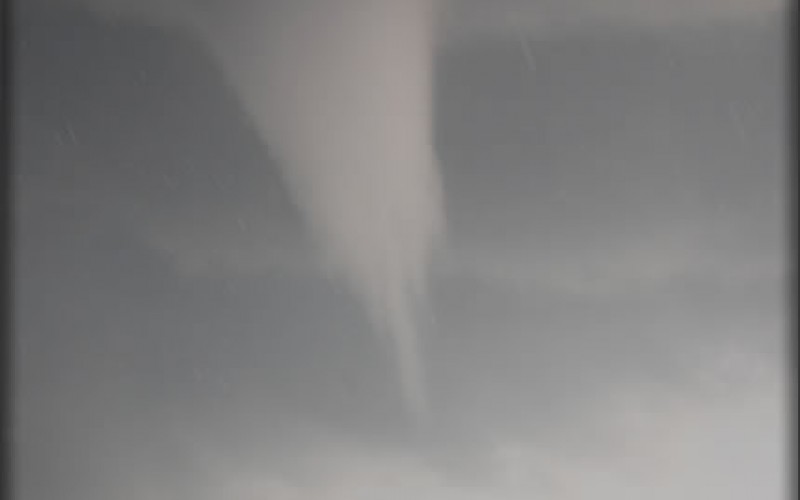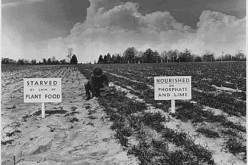An emergency preparedness kit is easy to create, something every homeowner should have on hand when the next disaster hits. Provide enough provisions to keep each household member supplied for at least one to two weeks. And, withdraw some cash from your bank as ATMs may be inaccessible.
1. Water. You can live without food for days, even weeks, but you can only go a few days without water. Having clean water on hand is a must, with FEMA recommending at least one gallon of water per family member per day. That means your family of six will need access to 42 gallons of water to keep everyone for a week.
2. Food. Imagine that a storm hits and there are is not enough food for your family. Or, the food that you have on hand requires cooking. Families should always have enough nonperishable food available to last a week or two, with no need for cooking. You’ll need a manual can opener to get to some foods and dietary concerns should be considered. You might also want to keep an extra canister of propane available, enabling you to heat up the grill and cook outside once the storm has passed and it is safe to do so.
3. Lighting. Figure that you will lose electricity when a big storm moves in to your area. That means having a sufficient number of batteries on hand to power flashlights and other lighting sources available. You may want to invest in a generator too, an important unit for powering up your home’s electricity. You’ll need a place to store that generator and have enough fuel on hand to keep it powered for at least a week. Test that generator before the next storm hits.
4. First Aid. Don’t expect first responders to get to you in time if a grave emergency occurs. Roads may be cut off or access to 9-1-1 may not be possible. A basic emergency kit can come in handy and should be accessible to all. That kit should include an assortment of bandages, as well as antibiotic creams, a splint, gauze and medications. Before a storm arrives, renew your prescriptions and have these on hand to weather the crisis.
5. Contact. You may be isolated for days even weeks from the outside world in a worse case weather scenario. Your only contact may be by radio and a weather radio is essential. Consider also a standard radio with batteries and hand charger for your cell phone battery.
Insurance Considerations
Homeowners should also review their insurance policies before a storm hits. This is important as tornado risk increases too and with you wondering if your wind damage coverage is sufficient. Finally, if you live in a flood zone you should take out flood insurance. But, don’t wait for a storm to arrive as new policies take 30 days to activate, which can be weeks after a major disaster hits.
end of post idea for home improvement
view and analyze home improvement ideas at our LetsRenovate center
Helpful article? Leave us a quick comment below.
And please give this article a rating and/or share it within your social networks.






